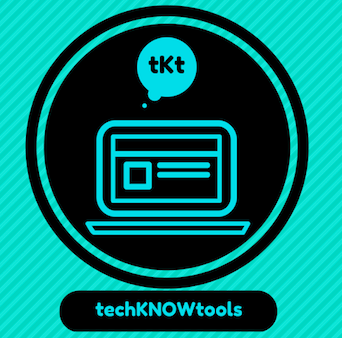This week I am at the NACADA’s International Conference, Melbourne, Australia (#NACADAmelb) with The Global Community for Academic Advising. Today our panel (George, Catherine, Jennifer, and myself) started a conversation around the following prompt: “The Future of Advising: Current and Past Predictions to Shape Our Future.” This panel was designed to poke at the issues and uses of technology in higher education for student support, academic advising, and personal tutoring. Much of the discussion was focussed on the Lowenstein’s chapter, Envisioning the Future (as shared in What’s On the Horizon for Academic Advising? recorded lecture), and Steele’s article, Five Possible Future Work Profiles for Full-time Academic Advisors, specifically to address the following issues with advising:
- If advising is teaching, how will technology assist in its delivery?
- How will technology shape the role of advising as a profession?
- How will current trends such as “big data,” “predictive/learning analytics,” and financial support in higher education impact advising?
Although this international conference holds a variety of perspectives and definitions for academic advising, students support needs and challenges in our post-secondary institutions are very similar. Regardless of geographic location or educational systems, collaboratively we can benefit from our collective experiences just like the innovators who created the digital revolution (Isaacson, 2014).
Themes emerging from our discussions included student support needs, advising responsibility and workflow, peer tutoring/advising roles and models, change literacy, leadership strategy with change, and cultural considerations. Most often people want to talk about the shiny, bullet (technology) solution, but really there are a number of other considerations for the future of advising and students support in higher ed that go beyond a platform or application. With this panel discussion, we really wanted to provide a springboard to dive into the issues relevant to advising, beyond technological solutionism.
Fortunately for us, we had a number of brilliant administrators and faculty at our #NACADAmelb session who asked insightful questions and prompts we should think deeper about. I will leave these questions here for you to ponder as you consider what lies ahead for the future of advising and student support in higher education:
- Will there be a future?
- Advising is such a personal, developmental relationship. How can technology – any technology – deliver better than a real person?
- How do we engage and keep students engaged in online advising?
- Will academic advising ever be part of a strategic plan?
- Will advising ever be rewarded like research or teaching?
- How do we effectively support students?
- How do we use our data to predict future trends and be more proactive in a digital and physical advising environment?
- How can technology be used to support student advising?
- What are the best exemplars in the field?
- How do we keep the pace with the communication styles and needs for our learners?
- What are the best tips and tricks for distance education advising?
- How will the status of advising, as a profession worldwide, be valued?
- What are the pedagogical and theoretical underpinnings the global community of advising (NACADA) should consider?
- When will robots be able to do my job? [Find out.]
References
Isaacson, W. (2014). The Innovators. How a Group of Hackers, Geniuses, and Geeks Created the Digital Revolution. New York: Simon & Shuster.
Lowenstein, M. (2013). Chapter 14: Envisioning the future. In J. K. Drake, P. Jordan, M. A. Miller(Eds.), Academic advising approaches: Strategies that teach students to make the most of college. (pp. 243-258). San Francisco, CA: Jossey-Bass
Pasquini, L. A. (2015, February 22). What’s on the horizon for academic advising? [Video file]. Retrieved from https://www.youtube.com/watch?v=vkGgsJrRZMg
Steele, G.E. (2006). Five possible future work profiles for full-time academic advisors, NACADA Journal, 26(2), 48-64.


1 thought on “The Future of Advising”